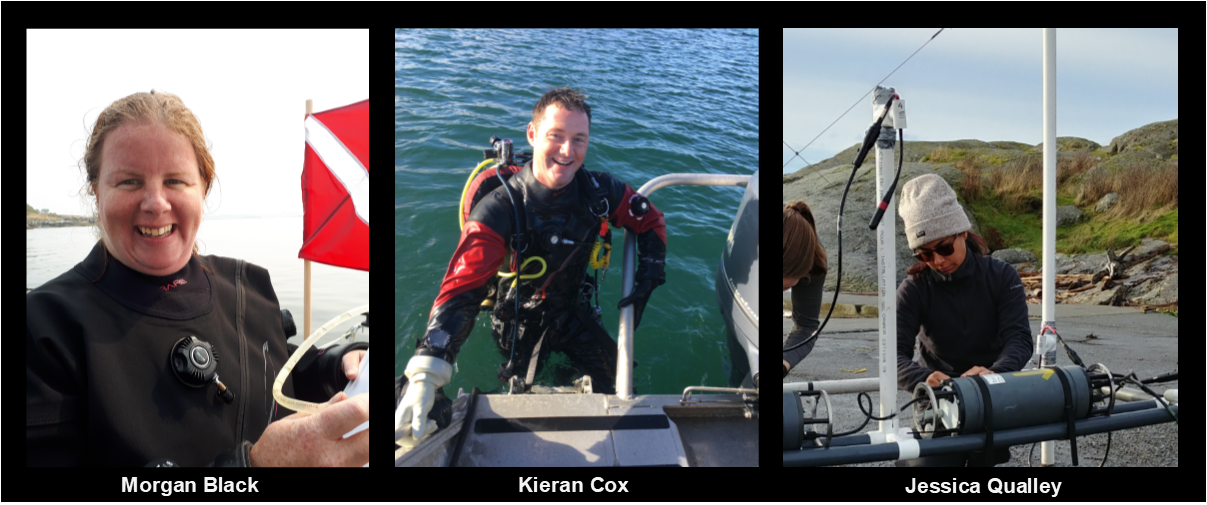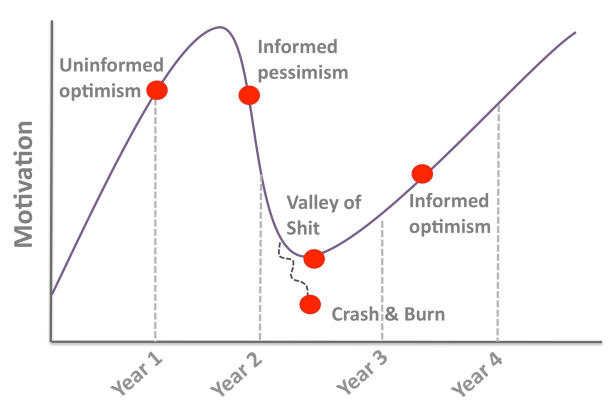The Fish Sound Project Blog
The ocean is full of intriguing sounds! Whales, seals, wind, rain, boats are all important contributors to the ocean soundscape. But did you know that many fishes also make sounds? A team of scientists is on a journey to discover the sounds produced by the coastal fishes off British Columbia, Canada.
Photo: Tristan Blaine


 RSS Feed
RSS Feed
